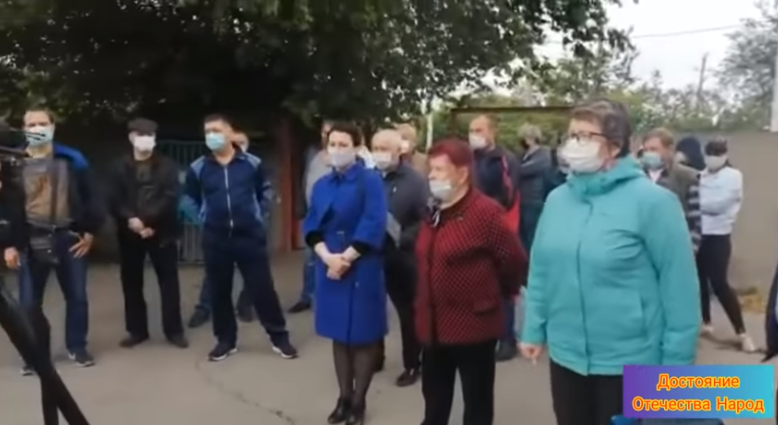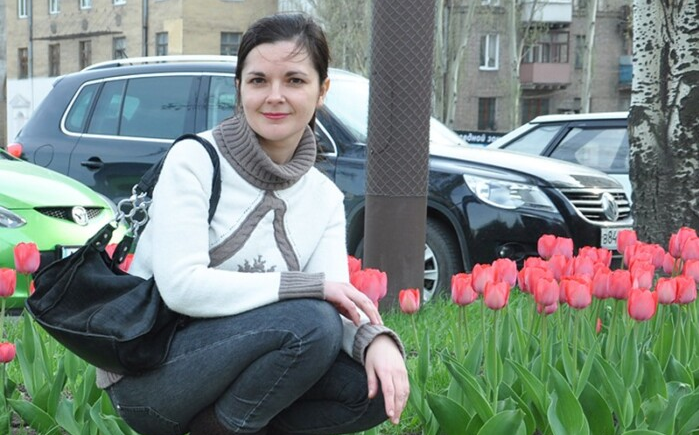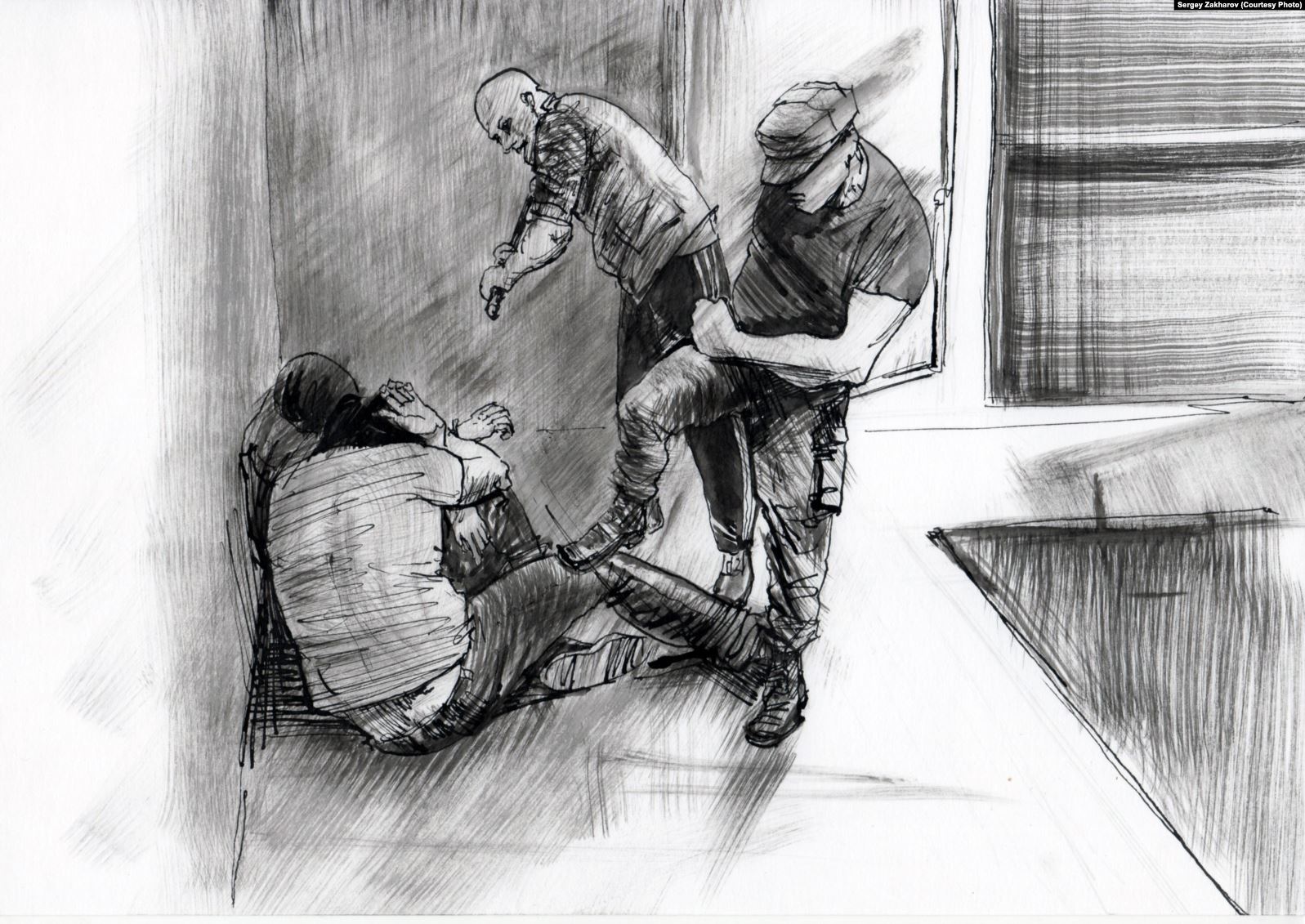In the Russian city of Gukovo, located in the Rostov Oblast 5 km away from eastern Ukraine, healthcare workers on 28 May held a demonstration demanding they are paid the bonuses promised by President Putin for working with patients who contracted coronavirus. But it turned out these were not the only bonuses withheld from them: the debts of the Russian state go back to 2014, when the war against Ukraine was in the most active phase.
In a video shared by the Ukrainian Novosti.dn.ua outlet, the healthcare workers are seen talking with journalists who came to the rally.
https://www.youtube.com/watch?time_continue=393&v=a8Cyd0OQNH8&feature=emb_logo
"We got ripped off with Ukraine, and with coronavirus we were promised to be paid, and got ripped off again," a rally participant said.
"Ukraine is a separate story. We were promised to be paid our 'combat' money. The 'combat' money is gone! We took out the wounded from Ukrainian territory under shelling. Yes, the ambulances, the paramedics, ..., the doctors sewing them back together," another said.
"The money was transferred to the city budget but then disappeared. We wanted to get to the bottom of it, but it was covered up," a healthcare worker said.
The rally participants from Gukovo said that healthcare workers from the neighboring Novoshatkhtinsk, Belaya Koletva, and Zverevo had "combat missions" as well, but they were paid, while in Gukovo the money was gone.
"And we spent a month evacuating the wounded! This [city] is like a damned place. Total impunity!" the participant exclaimed.
The medics claimed they evacuated participants on both sides of the conflict. One of the healthcare workers claimed that 19 Ukrainian servicemen were brought in during her shift. "But we were forbidden from speaking about it," another participant said.
It was unclear from the video whether they helped Russian military personnel or only militants of the puppet "Luhansk and Donetsk people's republics" on the one side, and the Ukrainian military from the other side.
Gukovo is located near the border of what is now the proxy Russian "Luhansk People's Republic." In 2014, a Russian military invasion was essential to wrestling this region out of Ukraine's control.
The deployment of Russian forces in Ukraine began in July 2014. Then, Ukrainian troops were advancing, taking control of the Ukrainian-Russian border zone in the Donbas, to block the flow of weapons and men that were being brought to the separatists. That explains the artillery attacks from Russia.
After examining what went on in the border region, the international investigative team Bellingcat concluded that during the summer of 2014 the Russian Armed Forces launched at least 149 artillery strikes, releasing thousands of shells. Bellingcat was also able to identify around 130 likely artillery positions.

by Bellingcat.
The artillery attacks were reported by the Atlantic Council, as well, in the article, “Hiding in Plain Sight: Putin’s War in Ukraine.” The shelling that was launched from Gukovo, a city within Rostov Oblast in Russia, situated 5 km from the border of Ukraine, is cited as an example. The locals recorded the assault with their mobile phones and posted the recordings on the Internet. Even today such videos can be found on the Internet:
Read also:





